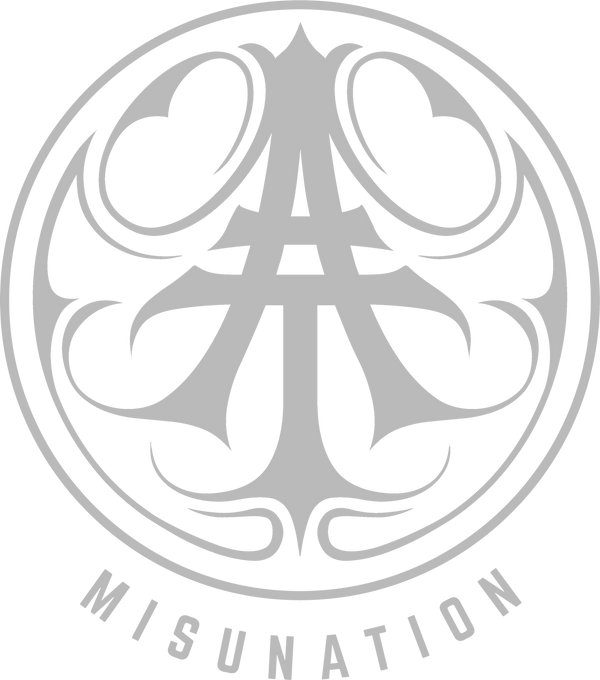
I've been reading lately about the increasing use of soft plastics (the kind you can scrunch into a ball - think supermarket shopping bags and bread packets) in bitumen paving and road making amongst other things.
The road construction industry has been adding polymers to bitumen for many years, however soft plastic has the ability to be melted down and used as an additive with added advantage of providing a 65 per cent improvement in fatigue resistance for roads under stress from heavy traffic according to Roads & Infrastructure Australia.
They also quote figures from Sustainability Victoria, of 4 BILLION plastic bags being used by Australians every year with only 3% being recycled. On top of this according to the Northern Territory Environment Protection Authority (NTEPA) we spend $200 million per year picking up plastic waste that has made its way into the environment.
RED Group is a Melbourne-based consulting and recycling organisation who has developed and implemented the REDcycle Program; a recovery initiative for post-consumer soft plastic.
Did you know that you can recycle the following items by dropping them off at a REDcycle collection point? These are located at most Coles and Woolies supermarkets across Australia.
Yeah it's a bit more work but surely worth the effort if it means these items can have a useful impact rather than ending up in landfill, or choking our waterways and ultimately our precious marine wildlife.
Beth

